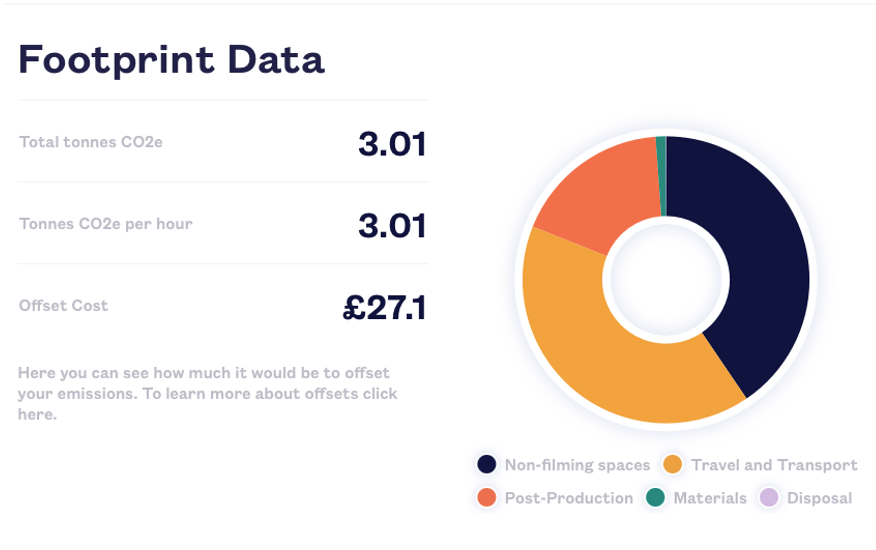Captive Minds are committed to ensuring our employees and productions do everything possible to reduce their carbon footprint.
We are proud to promote that we carry out the following Captive Minds Environmental Principles:
- We work remotely and have no production office.
- We promote a ‘print less’ policy, our staff are provided with a printer so there is a reduction in paper waste.
- All our paperwork is sent electronically – call sheets, risk assessments, schedules etc.
- All employees use google docs to allow live editing and to share scheduled, scripts etc.
- We encourage our employees to use reusable water bottles and avoid buying plastic water bottles.
- We have one face to face group meeting a month. All other meetings are held remotely via zoom or Teams.
- We encourage our employees to use public transport, if viable, taxis or car share.
- All hire cars are booked through Zip car, a socially economical car sharing service which can reduce your carbon footprint by up to 1600 lbs per year. Car sharing is encouraged.
- Our computers are turned off at the end of each day to save energy.
- We encourage ZERO waste to landfill on all locations.
What do we do when filming and on location?
When a production starts, we follow the Captive Minds Environmental Principles as above but whilst on location there are other changes we make in addition to these basics.
Production
- Where possible, we use ethical and environmentally conscious suppliers. We request the supplier’s environmental policy and check they use 100% renewal energy.
- We seek out eco-conscious hotels as close by to the location as possible.
- We aim to only hire low emission vehicles and will look for the greenest route possible.
- We encourage car sharing between crew.
- To reduce waste as much as possible we recycle and reuse as much as we can.
- We are mindful of where we buy things, and source locally when we can. If purchasing online, check packaging is recyclable.
- Recycling bins are provided on location and our crew are made aware of what the correct waste streams are.
- Logs are kept of hotel and accommodation/ hire vehicles booked and drivers/ taxis and couriers.
Equipment
- We hire in equipment per series.
- We aim to use low energy/ LED lights where possible.
- We use rechargeable batteries where possible.
Food & Drink
- We encourage less food waste. A food waste bin will be provided when on location.
- Single use plastics are prohibited.
- Disposable food and drink containers that are not biodegradable are avoided and real crockery is to be used.
- Plastic water bottles will not be purchased. All crew use their own water bottle.
- We encourage crew to eat vegan or vegetarian meals as you can reduce your carbon footprint by a quarter just by cutting down on meat. If you have to have meat/ protein in your diet then choose Chicken or Tuna as they have a lower footprint.
- Food is purchased from companies that consider their environmental impact such as Fairtrade or locally sourced to have a lower carbon footprint. We provide a list of local suppliers for our the filming locations.
How are we offsetting the carbon emissions generated?
By using the Albert Carbon calculator, we establish how many tonnes of Co2 our productions generate. This then gives us a cost which we offset by planting trees. For each tonne of CO2 we generate, 15 trees are planted. The example shown is from one of our single documentary productions. Every production we do has a new calculation so that we are constantly monitoring our footprint.
We continue to monitor our carbon footprint and take action to help where possible.
